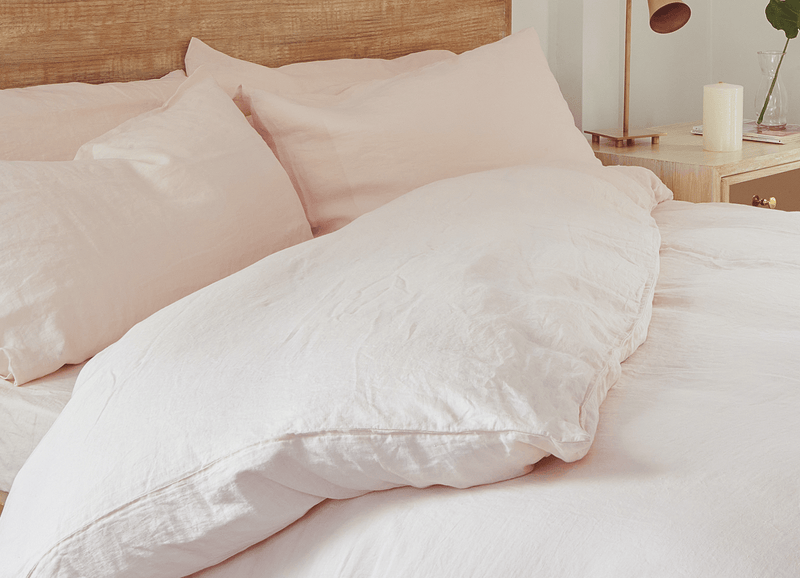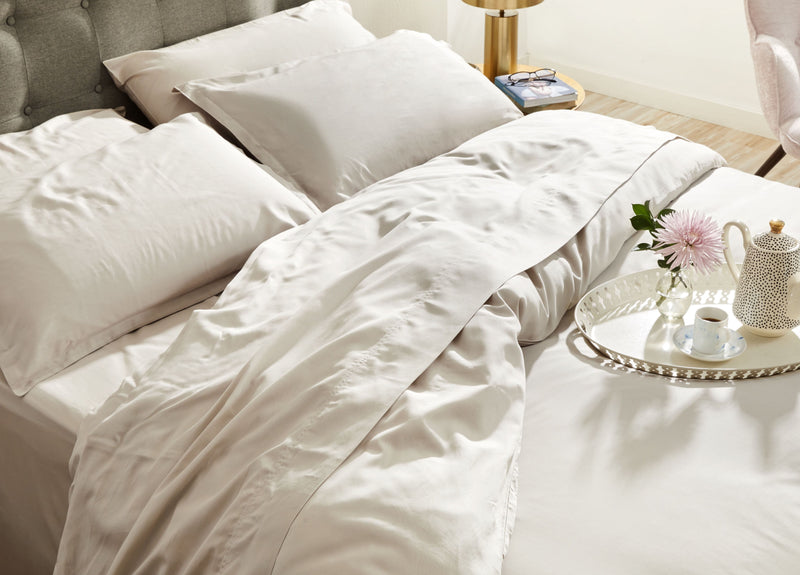The truth about whether or not blackout curtains are necessary for a good night's sleep
A good night's sleep is crucial for our well-being, and we often hear about the importance of a comfy mattress and the right pillows. But what about blackout curtains? Are they a must-have or just a marketing trick? Let's explore the truth.

The Role of Light:
Light plays a significant role in our sleep-wake cycle. Our internal clock, the circadian rhythm, relies on light and darkness cues. Natural light during the day helps us stay alert, while darkness at night signals our bodies to sleep.
When Do You Need Blackout Curtains?
- Light Sensitivity: If even a bit of light keeps you up at night, blackout curtains can be a lifesaver. They block external light, creating a dark and sleep-friendly atmosphere.
- Shift Workers: If you work odd hours and need to sleep during the day, blackout curtains can help you mimic nighttime conditions, making it easier to rest.
- Light Sleepers: If you're easily awakened by light changes, blackout curtains offer a sense of security by maintaining a consistently dark room.
- Children and Babies: For young ones with different sleep schedules, blackout curtains can help establish a dark environment for naps and early bedtimes.

When Don't You Need Them?
- Natural Sleep Environment: If you live in an area with little external light, you may not require blackout curtains. A naturally dark room can suffice.
- Personal Preference: Some prefer a softly lit room or waking up with the sunrise. In these cases, blackout curtains may not be necessary.
The need for blackout curtains depends on your situation and preferences. They're a game-changer for light-sensitive individuals, shift workers, and parents of young children. However, not everyone requires them. Ultimately, achieving restful sleep involves various factors, and if blackout curtains help you, go for it. The goal is to prioritize what helps you get the rejuvenating sleep your body craves.




